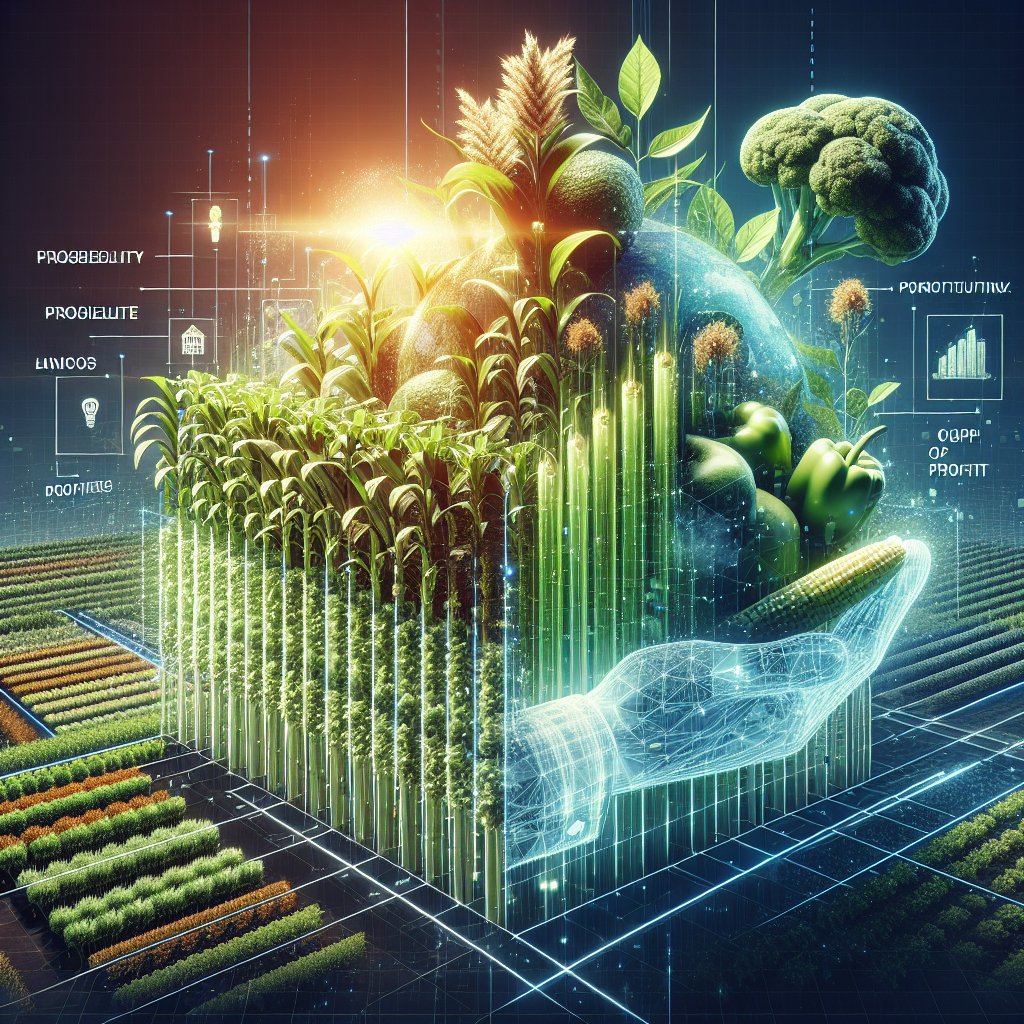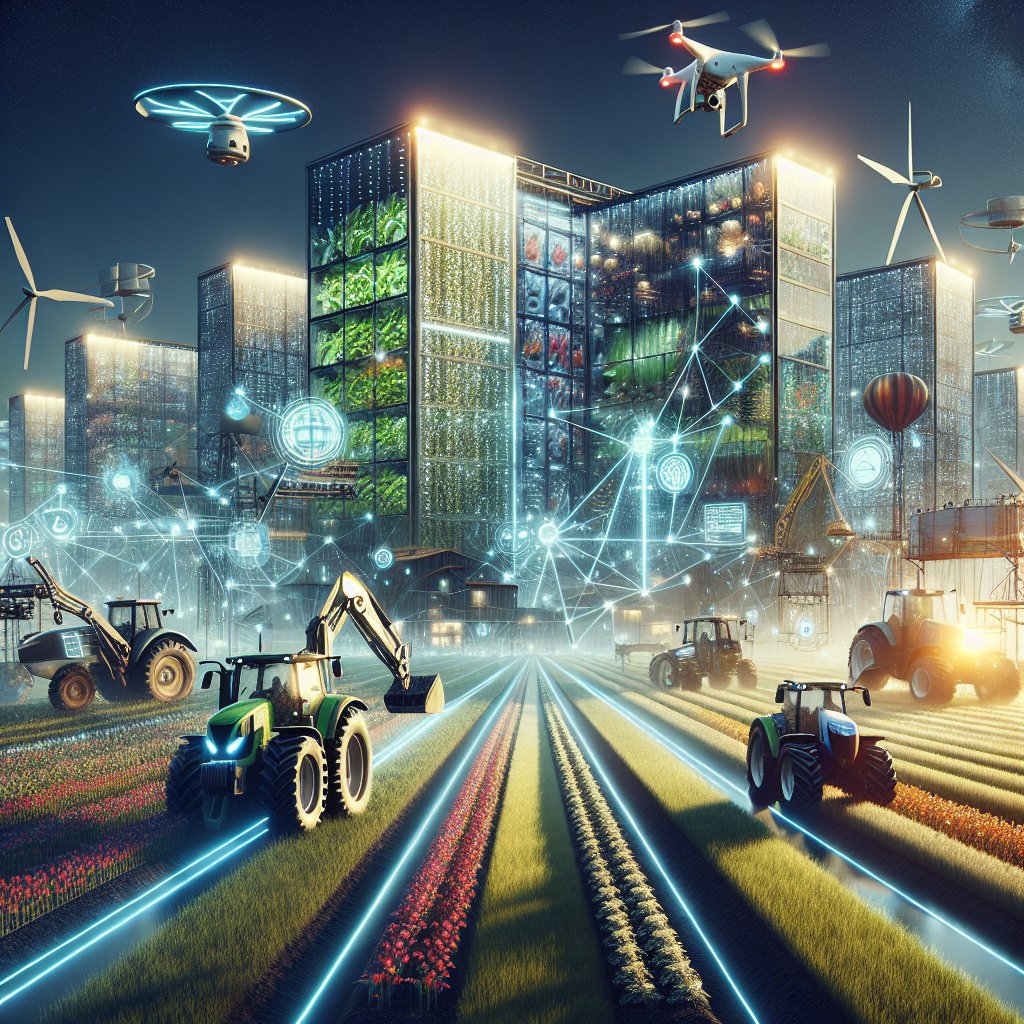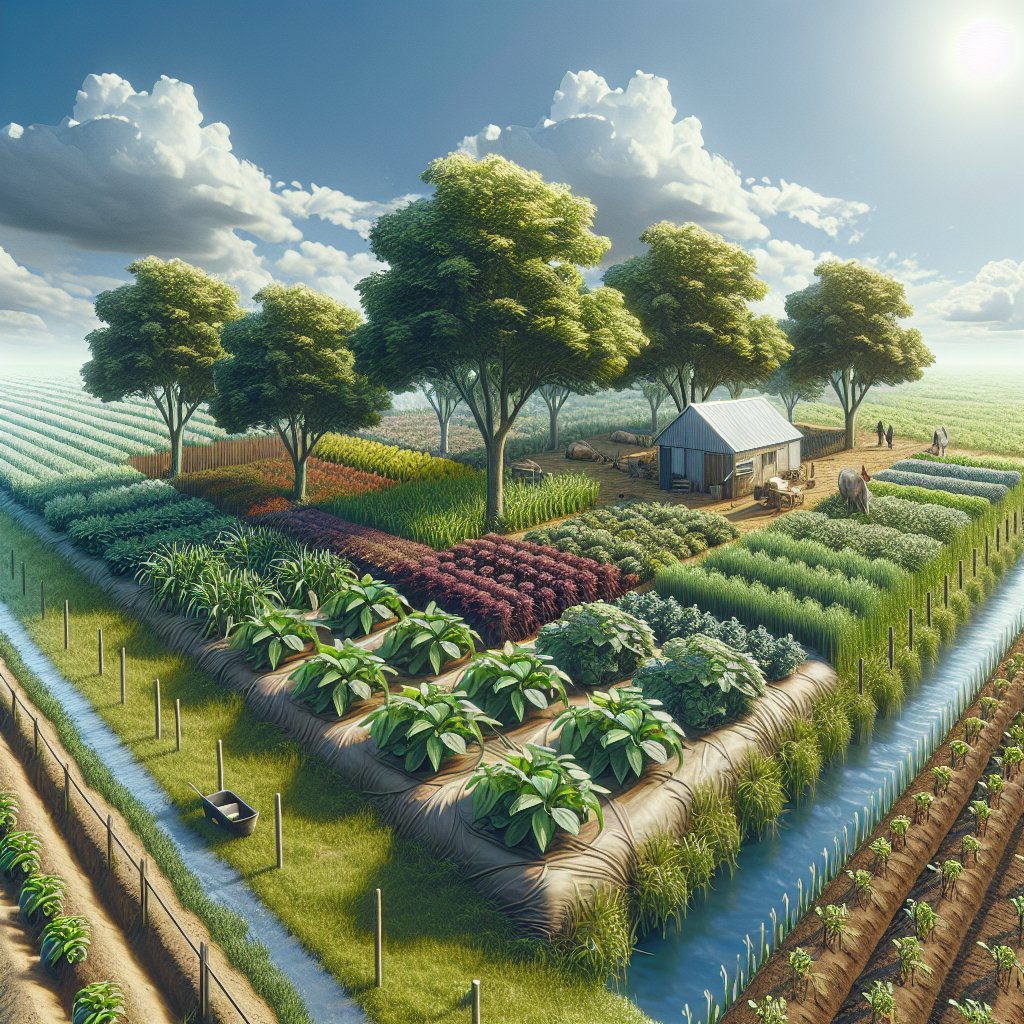Perennial crops are increasingly recognized as a cornerstone of sustainable farming practices, offering numerous environmental, economic, and social benefits. Unlike annual crops, which require replanting each year, perennial crops grow back season after season, providing a stable and resilient agricultural system. This article explores the advantages of perennial crops and their role in promoting sustainable agriculture.
Environmental Benefits of Perennial Crops
One of the most significant environmental benefits of perennial crops is their ability to improve soil health. Perennial plants have deep root systems that help prevent soil erosion, enhance soil structure, and increase organic matter content. These roots also facilitate better water infiltration and retention, reducing the need for irrigation and minimizing runoff that can lead to water pollution.
Moreover, perennial crops contribute to biodiversity by providing habitats for various species. Their long-term presence in the landscape supports a diverse range of organisms, from soil microbes to pollinators and other wildlife. This biodiversity is crucial for maintaining ecosystem services, such as pest control and pollination, which are essential for sustainable farming.
Perennial crops also play a vital role in carbon sequestration. Their extensive root systems capture and store carbon dioxide from the atmosphere, helping to mitigate climate change. By reducing the need for tillage, perennial crops decrease the release of carbon stored in the soil, further contributing to carbon sequestration efforts.
Economic Advantages of Perennial Crops
From an economic perspective, perennial crops offer several advantages to farmers. One of the most notable benefits is the reduction in input costs. Since perennial crops do not require annual replanting, farmers save on seeds, labor, and machinery expenses associated with planting. Additionally, the reduced need for irrigation and fertilizers lowers overall production costs.
Perennial crops also provide a more stable income stream for farmers. Their resilience to environmental stresses, such as drought and extreme weather events, ensures more consistent yields compared to annual crops. This stability is particularly important in the face of climate change, which is expected to increase the frequency and severity of such events.
Furthermore, perennial crops can open up new market opportunities. Many perennial species produce high-value products, such as nuts, fruits, and biofuels, which can diversify farm income and reduce reliance on traditional commodity crops. This diversification can enhance the economic resilience of farming operations, making them less vulnerable to market fluctuations.
Social Impacts of Perennial Crops
The adoption of perennial crops can have positive social impacts, particularly in rural communities. By promoting sustainable farming practices, perennial crops can help ensure food security and improve nutrition. Their ability to produce food over multiple seasons without the need for replanting can lead to more reliable food supplies, especially in regions prone to food shortages.
Perennial crops also support rural livelihoods by creating job opportunities in processing and value-added industries. The cultivation and processing of perennial products, such as nuts and fruits, can stimulate local economies and provide employment for community members.
Moreover, the environmental benefits of perennial crops, such as improved soil health and biodiversity, contribute to the overall well-being of rural communities. Healthier ecosystems provide cleaner air and water, which are essential for the health and quality of life of residents.
Challenges and Considerations
Despite their numerous benefits, the adoption of perennial crops is not without challenges. One of the primary obstacles is the initial investment required for establishing perennial systems. The costs associated with planting and maintaining perennial crops can be higher than those for annual crops, particularly in the early years before the plants reach full productivity.
Additionally, there may be a lack of knowledge and expertise among farmers regarding the cultivation and management of perennial crops. Extension services and educational programs are essential to support farmers in transitioning to perennial systems and maximizing their benefits.
Market access and infrastructure can also pose challenges for perennial crop producers. Developing supply chains and processing facilities for perennial products is crucial to ensure that farmers can access markets and receive fair prices for their products.
Conclusion
Perennial crops offer a promising pathway to sustainable farming, providing environmental, economic, and social benefits. By improving soil health, enhancing biodiversity, and contributing to carbon sequestration, they play a crucial role in addressing the challenges of climate change and environmental degradation. Economically, they offer cost savings, income stability, and new market opportunities for farmers. Socially, they support food security, rural livelihoods, and community well-being.
While challenges remain, the potential of perennial crops to transform agricultural systems is significant. With the right support and investment, they can become a key component of sustainable farming practices, ensuring a resilient and prosperous future for farmers and communities worldwide.



